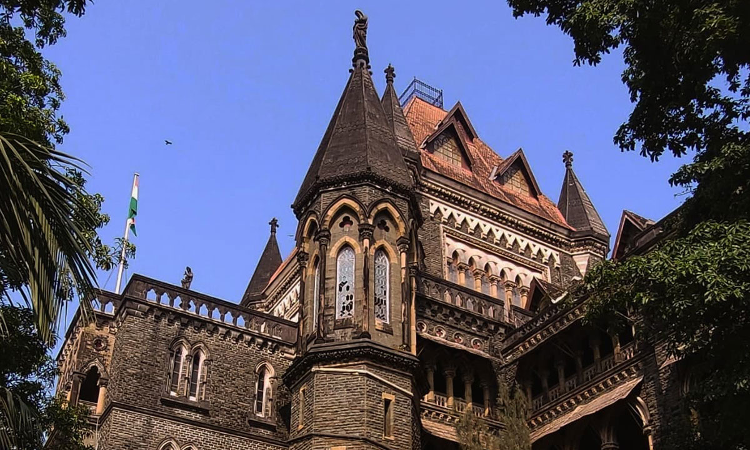Domestic Violence Case Can Be Transferred From Magistrate To Family Court: Bombay High Court
Sharmeen Hakim
2 Jan 2024 10:15 AM IST

Next Story
2 Jan 2024 10:15 AM IST
The Bombay High Court has held that an application filed under Section 12 of the Protection of Women from Domestic Violence Act, 2005 (DV Act) before a Magistrate seeking reliefs under Sections 18 to 22 can be transferred to a Family Court under Section 24 of the Code of Civil Procedure, 1908.Section 12 under the DV Act empowers an aggrieved party or any person on their behalf to file...
